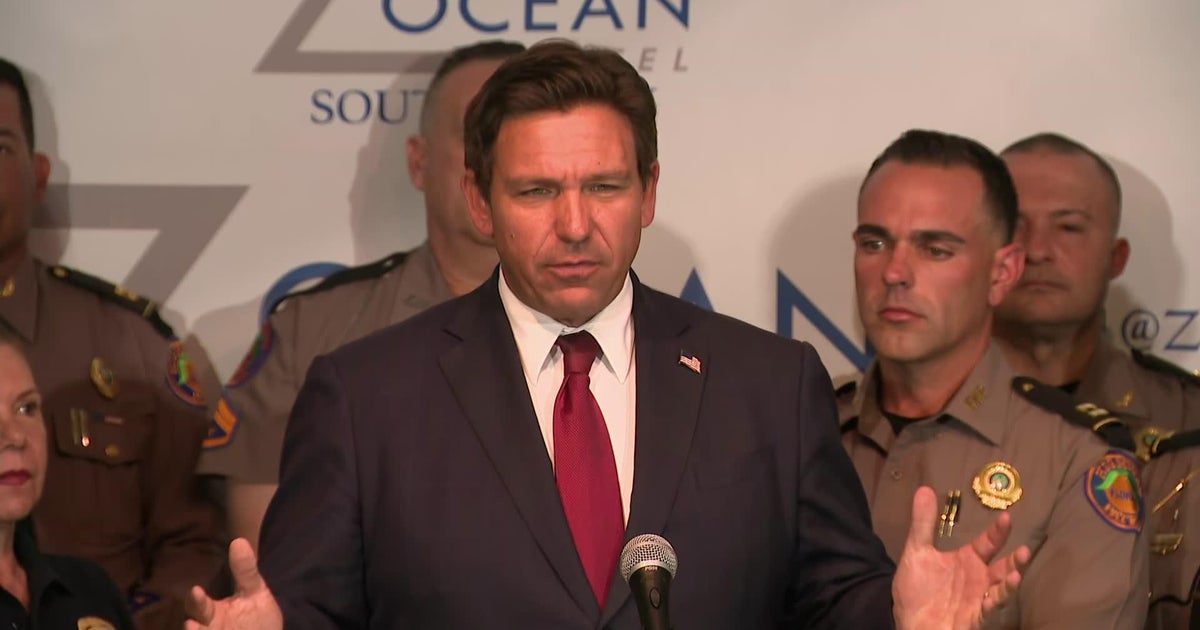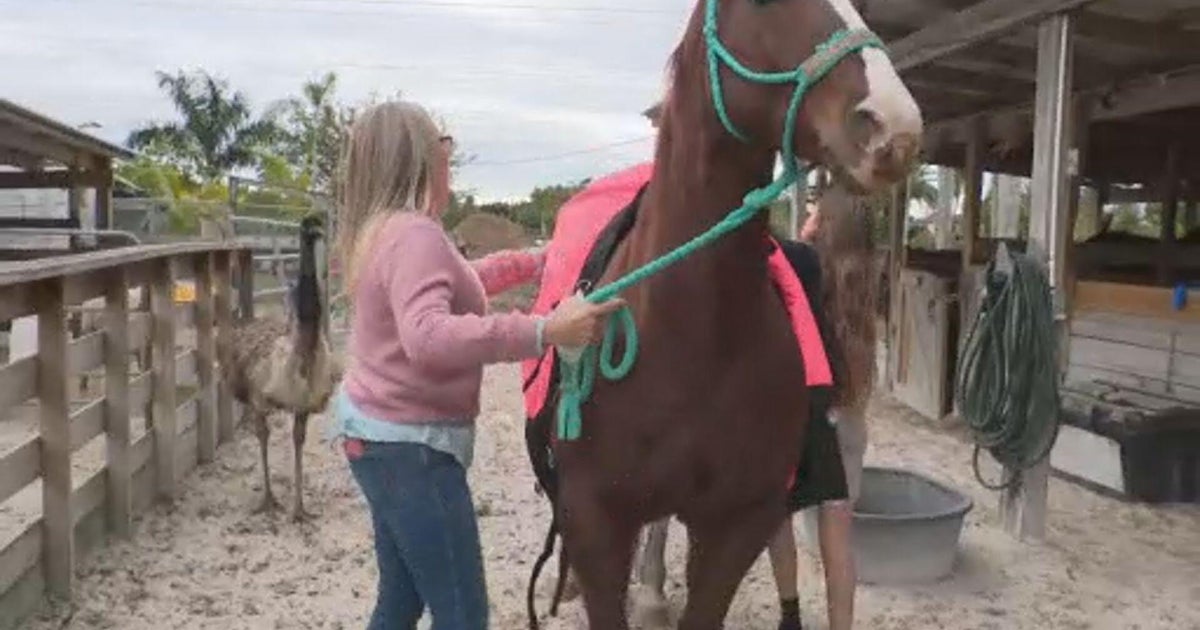A bill that would loosen child labor restrictions in Florida narrowly advanced in the state legislature Tuesday, with Gov. Ron DeSantis signaling strong support for the measure as part of his broader immigration crackdown.
The proposal would allow 16- and 17-year-olds to work more than eight hours on school nights and up to 30 hours a week without mandated breaks. It would also permit 14- and 15-year-olds who are homeschooled, in virtual school, or already graduated to enter the workforce.
While supporters said the bill could help address labor shortages, DeSantis has linked it to his administration’s push to assist federal authorities in deporting undocumented immigrants, many of whom traditionally fill low-wage jobs in the state.
“Why do we say we need to import foreigners, even import them illegally, when teenagers used to work at these resorts? College students should be able to do this stuff,” DeSantis said at a recent event at New College of Florida.
Filling the gaps
DeSantis has been a vocal advocate for stricter immigration enforcement in Florida, championing measures that assist federal authorities in identifying and deporting undocumented migrants.
His support for loosening child labor laws aligns with his broader goal of replacing migrant labor with domestic workers.
“What’s wrong with expecting our young people to be working part-time now? That’s how it used to be when I was growing up,” DeSantis said.
For some teenagers, the bill represents an opportunity.
Seventeen-year-old Alex Jessee has been searching for a job for two years but has faced multiple rejections from companies like Publix and Walmart. He currently works for his father’s business restoring the Pine Rocklands and believes the bill could help him gain financial independence.
“I would’ve been able to make money so I’m able to afford a car, have the things that I like,” said Jessee, who hopes to pursue a career in welding.
Critics warn of risks for young workers
While business owners and some job-seeking teens welcome the bill, critics argue that extending work hours for minors could have unintended consequences.
Opponents warn of academic struggles, sleep deprivation, and added financial pressure on young workers already contributing to their households.
Mick Gnaegy, the owner of Mixd Greens, supports youth employment but believes education should remain the priority.
“I’m all for after-school agricultural work, but if I had my way, I’d make sure they stay in school too,” Gnaegy said.
The bill must clear two more committee reviews before heading to the full Senate for a vote.
If passed, Florida would join other states that have recently eased child labor laws amid ongoing labor shortages and stricter immigration enforcement.



